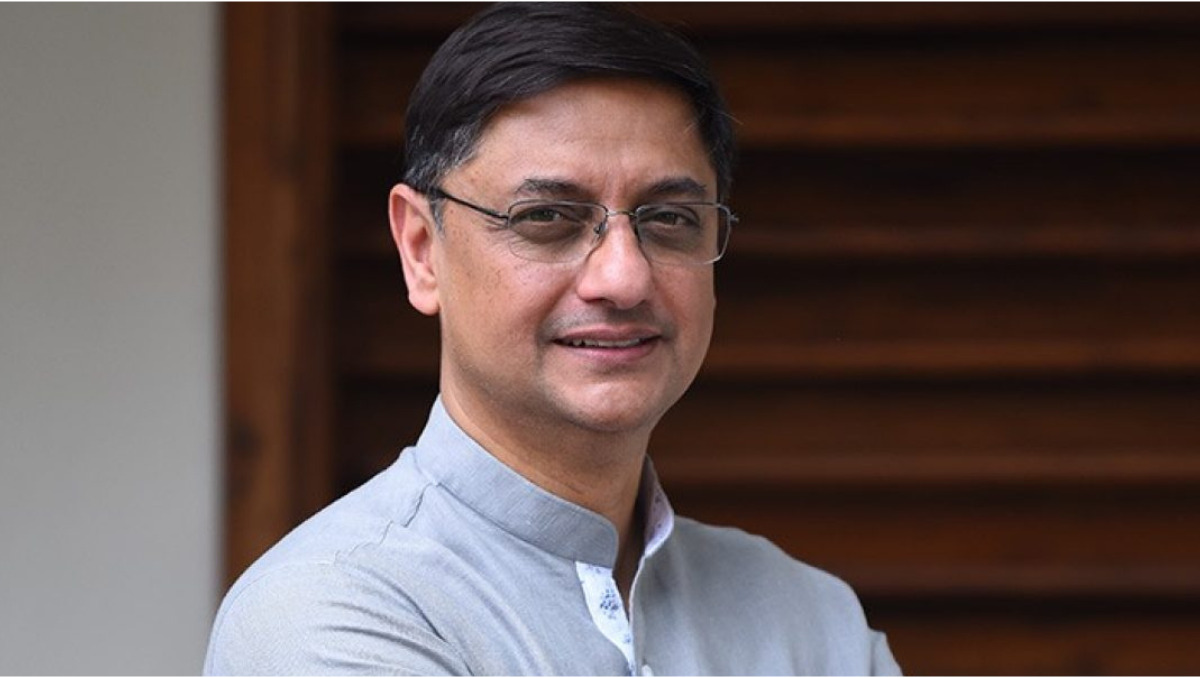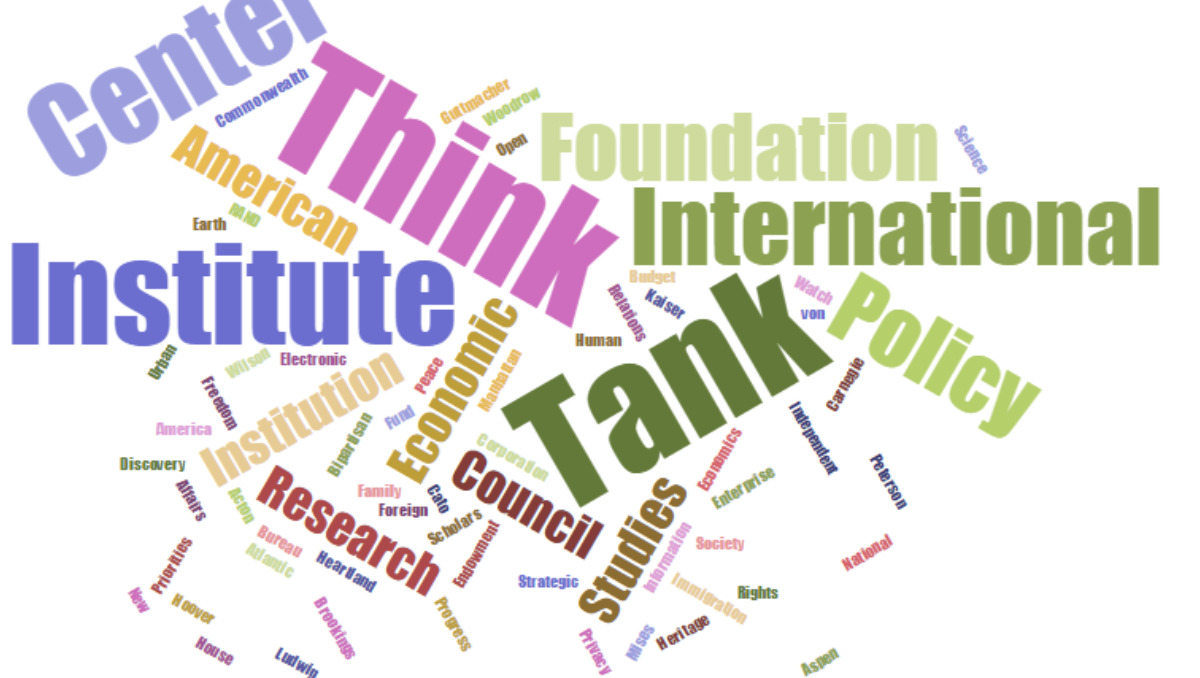India’s dip in international indices has raised concern about the transparency of these indices.

India’s performance has seen a dip in international indices like the “Press Freedom Governance Reports” and the “Academic Freedom Index,” which were released at the start of this month. They have raised concerns about the country’s performance on international ranking indexes, which do impact the country’s image on international stages. They have tarnished the image of the country when it comes to transparency. These forums and think tanks have been targeted as “agenda-driven” and holders of “neo-colonial” ideas in the ranking process.
The story till now
After the release of the “Press Freedom Governance Index” and “Academic Freedom” Index at the start of 2024 and discovering that India has recorded a dip in its performance even below the underdeveloped, it has created a concern among the country’s leaders as it can have a devastating implication on the global image of the country. When the country recorded its ranking below neighbouring countries like Pakistan and Afghanistan, the temper of control was overgrown, and the urge to question the authority of these think tanks was raised among the government.

Following the same, Sanjeev Sanyal has raised India’s voice against the “agenda-based” world ranking. Sanjeev sanyal is an important element of Modi’s economic advisory council, and here he has raised his voice against the prevailing “neo-colonialism” that is engulfing developing countries by tarnishing their global image through some of the not-legitimate ranking processes and indexes. He mentions how these tiny islands sit in the North Atlantic, funded by some of the agencies making flawed indexes to rank the nations. This issue has further become a burning one, as upheld by other developing countries on the international forum.
Some of the concerns
Released on May 20, 2024, ranking India at 161st rank out of 180, which shows countries dip from 150th rank in 2022. This has raised one of the major concerns in the country. Countries have tried their best to provide transparent governance, but the results are not pleasing. The index was published by Reporters Without Borders. Ranking Norway, Denmark, and Ireland on the top list, while China, Vietnam, and North Korea had lower ranks.
Next Academic Freedom, published by the V-Dem Institute, which evaluates a country’s academic freedom on five parameters such as teaching and research, academic exchange and dissemination, university autonomy, campus integrity, and academic and cultural expression, has ranked India on the 179th rank with a score of 0.38, while countries like Pakistan got a score of 0.43, and the United States of America is on top with a score of 0.78. This has ranked the country below the 30s, which has been questioned by several forums.
India’s stance
India has decided to keep an eye on the upcoming indices and should not lower its voice when it comes to justice, transparency, and accountability. Developing countries can’t keep up and further agree with the West in every instance. Following the “agenda-driven” policy to tarnish and lower the image of the country will not work. This is not only a form of “neo-colonialism but also an example of western hegemony over other developing nations. This also shows how the global north formulated the rules to lower the global south in various scenarios.

India has decided to keep an eye on the upcoming indices such as the Financial Development Index by the International Monetary Fund, the General Inequality and Human Development Indices by the United Nations Development Programme, Logistics Performance, and the World Governance Indicator by the World Bank. And then to take any relevant action.












